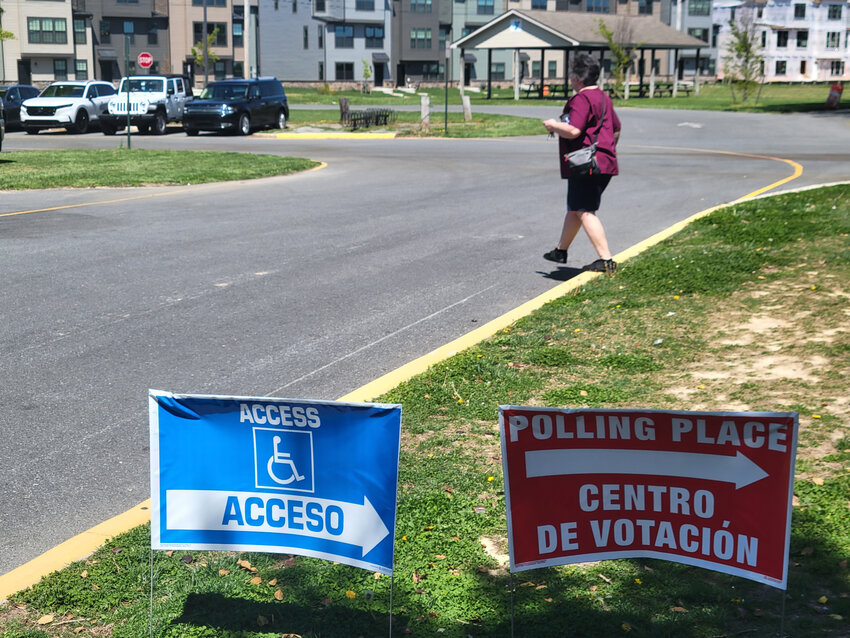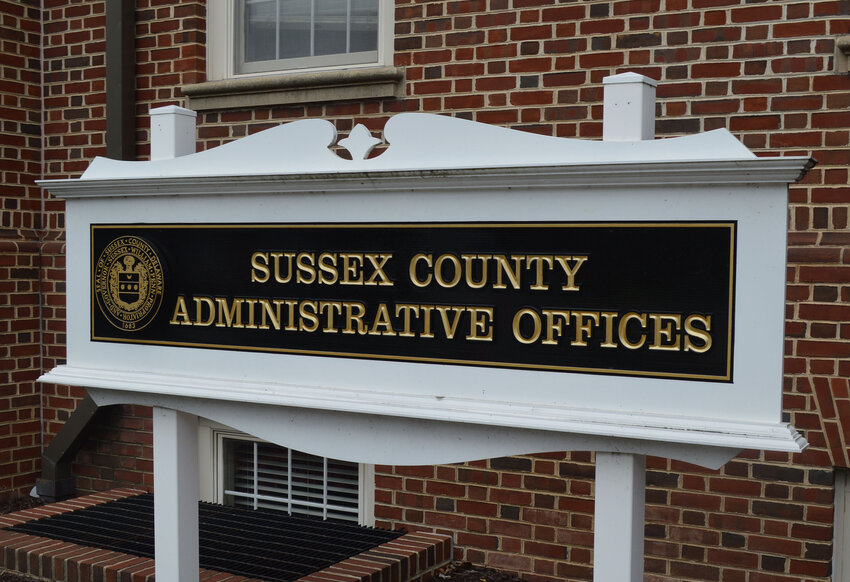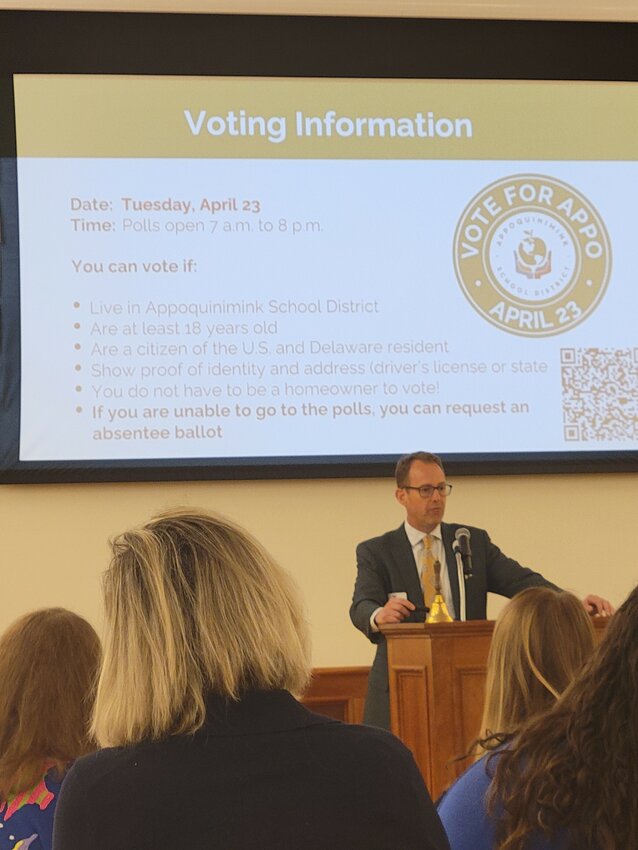New Smyrna facility offers weight loss, behavioral treatment
Dr. Eugenia Caternor operates a pair of Smyrna businesses that could treat one patient in two different ways — as a visit to the Kairos Embrace Behavioral Health Clinic can be a trip to Transformations Center for Weight Loss, too.
-
-
Delaware Division of Small Business, Small Business Development Center partner to support business owners seeking loans
DOVER — The Delaware Division of Small Business is partnering with the Delaware Small Business Development Center to provide additional …
-
-
-
Dover mayor, council people denounce violence in Dover
DOVER -- Monday's Dover City Council meeting concluded with a passionate message from Mayor Robin R. Christiansen regarding recent violent …
-
-
-
Downstate Delaware high school scores
BASEBALL Milford 2, First State Military 1 Seaford 3, Delmarva Christian 0 Saint Mark’s 7, Smyrna 1 Dover 15, Hodgson 1 Milford 4, Delmarva …
-
-
In the wake of Sunday’s deadly shooting at Delaware State University in Dover, which took the life of 18-year-old Camay DeSilva of Wilmington, school officials hosted a student forum Tuesday to speak about worry among community members.



View this issue of The Delaware State News or browse other issues.
Disclosure
-
-
Speak Up: How will cannabis commerce change Delaware?
Marijuana businesses are on their way to the First State, after the substance’s legalization for recreational use last year. What are your …
-
-
-
Speak Up: Gubernatorial candidate Meyer unveils plan to improve education
New Castle County Executive and gubernatorial candidate Matt Meyer has unveiled a comprehensive, 23-page education plan that focuses on remedies …
-
-
-
Speak Up: Delaware’s June Jam CEO, founder Hartley dead at 68
Bob Hartley, CEO and president of the June Jam charity music festival, died in his sleep April 14. Lynn Fowler, executive vice president of the …
-
-
M&D Bird Farm flies high in Harbeson
HARBESON — There are things one might expect when driving the roads of Sussex County. Construction is likely. Traffic might be a definite, depending on where you are. But it’s not common …



Photo gallery: Sussex Central vs. Cape Henlopen baseball
Trainer Ness aiming to break Delaware Park record

Downstate Delaware high school scores
Majorca N posts first win at Harrington Raceway

Smyrna boys' lacrosse team set to put its 8-0 record to the test
More Sports















